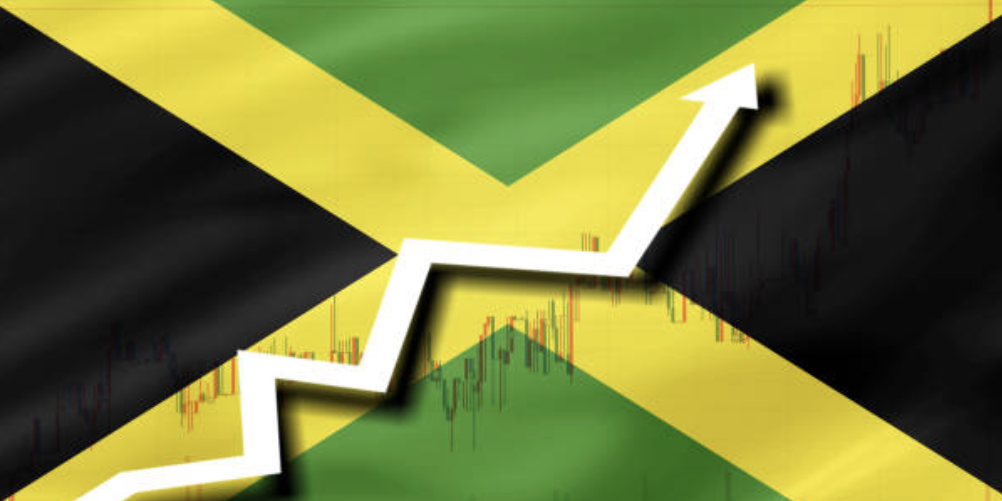The Jamaican Stock Market has earned international attention for its high returns and vibrant growth, especially after being ranked as one of the top-performing stock markets in the world by Bloomberg in 2018. But who exactly can participate in this market—and how? Whether you’re a Jamaican resident or a foreign national, this guide breaks down the essentials.
Who Can Trade on the Jamaican Stock Market?
1. Local Investors
If you’re a Jamaican citizen or a legal resident, you can invest in the Jamaica Stock Exchange (JSE) with relative ease. Individuals, businesses, and institutions registered in Jamaica can all become investors. Common participants include:
-
Retail investors – Everyday individuals investing in companies for long-term gains or short-term trades.
-
Institutional investors – Banks, pension funds, insurance companies, and mutual funds.
-
Corporate entities – Local businesses investing in listed companies or even listing themselves.
All you need is a Taxpayer Registration Number (TRN), a brokerage account, and valid ID. Once you’re registered with a licensed broker, you’re good to go.
2. Foreign Investors
Yes, non-Jamaicans can trade on the JSE. The market is open to foreign individuals, corporations, and institutional investors. Here’s how it works:
Requirements for Foreign Investors:
-
Valid passport or national ID
-
Completion of KYC (Know Your Customer) requirements with a licensed Jamaican brokerage firm
-
Foreign Tax Identification Number (if applicable)
-
Proof of address
-
Funding via foreign currency (usually USD)
Foreign investors can participate fully, but there are a few considerations:
-
FX Limitations: Profits must be repatriated in foreign currency, and exchange rates can fluctuate.
-
Regulatory Oversight: The Bank of Jamaica and the Financial Services Commission (FSC) oversee foreign exchange movements and investment compliance.
Getting Started: The Process
-
Choose a Licensed Broker
Start by selecting a JSE-registered brokerage firm. Examples include JMMB, NCB Capital Markets, Barita Investments, Mayberry Investments, and others. -
Complete Account Opening Requirements
You’ll fill out forms, submit ID and TRN (or foreign equivalent), and meet KYC requirements. -
Fund Your Account
Local investors can deposit Jamaican dollars. Foreign investors will typically deposit USD, which is converted into JMD. -
Start Trading
You can place buy and sell orders through your broker or their online platforms. Investors can access both the Main Market and the Junior Market.
Tax Considerations
-
Local investors are generally not subject to capital gains tax, but dividend income may be taxed.
-
Foreign investors may also benefit from tax incentives, but it’s best to consult with a tax advisor in your home country to handle cross-border income reporting and repatriation rules.
Can Foreigners Own a Majority Share in Jamaican Companies?
Yes. There are no ownership caps for foreign investors in most publicly traded Jamaican companies. However, strategic industries—like telecoms or mining—may have special regulations. Always review company-specific bylaws and consult with your broker or legal advisor.
Benefits of Investing in the JSE
-
Strong historical returns
-
Access to a fast-growing Caribbean market
-
US-dollar indexed products (like the US Dollar Equities Market)
-
Tax-friendly environment
-
Diversification for foreign portfolios
Risks to Consider
-
Currency risk – The Jamaican dollar can be volatile compared to the USD.
-
Liquidity risk – Some stocks have lower trading volumes, which can impact how easily you enter or exit a position.
-
Market fluctuations – Like any stock market, prices can swing with news, policy changes, or economic conditions.
Final Thoughts
The Jamaican Stock Market is open to both locals and foreigners, with a transparent system that encourages participation. If you’re a local looking to build wealth or a foreigner seeking emerging market exposure, the JSE provides solid opportunities—provided you understand the requirements and risks.









